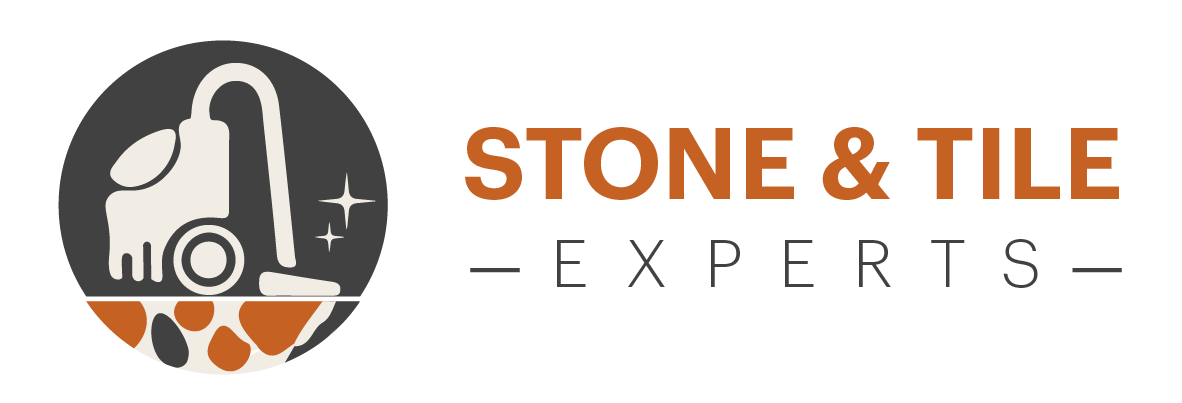Consider vinyl flooring if you want to update your space at a fraction of the cost compared to hardwood, tile or stone. It’s very aesthetically appealing, comes in various colours and patterns and is durable enough for high-traffic areas. An added bonus to vinyl? It tends to be waterproof and won’t be damaged by water or spills. Well, In this article, we shall discuss further the pros and cons of vinyl tiles
Vinyl Flooring
It is a type of synthetic flooring. Made from materials like plastic, fibreglass and PVC, This flooring typically comes in planks, tiles or sheets that can be assembled. A core layer, underlay layer and wear layer make up the floor’s bulk. Over this is an image layer that mimics many materials, including wood and ceramic. A top wear layer protects the sublayers from damage. Every flooring has its own pros and cons, either tiles, Harwood or any other, So let’s choose vinyl over tile problems.
The Pros of Vinyl Flooring
Lithesome: It is known for being extremely lithesome, meaning that most vinyl floors will not stain and can handle a lot of water. The durable nature of vinyl floorings makes it an excellent choice for any high-traffic areas—especially bathrooms and mudrooms.
Comfortable: This type of flooring is comfortable. Because it’s composed of several layers, it has a padded feel and a soft texture underfoot. This can insulate the floor and help maintain a consistent temperature, regardless of the season. It can even have soundproofing qualities, eliminating noise and echo in your home or business.
Easy installation and budget-friendly: It is really cost coefficient and easily installed with minimum skills, but hiring a professional can be a good idea.
Versatility: It is a versatile product. You can choose designs that mimic wood, brick and stone or opt for something more exotic. Custom vinyl floorings is also available—with plenty of options to choose from in terms of colour, pattern and style.
Withstand Heavy Traffic: This flooring is generally installed in the heavy traffic places such as luxury vinyl tile kitchens, tv lounges and laundry. It is because it can get wiped off and cleaned very easily and does not change moisture composition. It is water resilient yet it can withstand heavy traffic too. Moreover, the quality and composition vary from vinyl to vinyl and
The Cons Of The Vinyl Flooring
Do not Always Have Retail Value: The resale value of your house will not be negatively affected by the installation of vinyl floors. Most buyers do not use a home inspection to assess the flooring quality, although older or poorly installed vinyl floors can impact resale value.
Not Eco-Friendly: Because of the chemicals used in its creation and the off-gassing VOCs that can occur during installation, vinyl is not environmentally friendly. If you are concerned about VOCs, we recommend avoiding low-VOC vinyl flooring and choosing a low-VOC floor.
Refinishing Barrier: This flooring cannot be refinished. Due to its durable construction,it has a single wear layer over the design layer. This makes it difficult to repair damaged spots or areas of an entire floor. The only way to restore your vinyl floors is through replacement.
Discolouration Over Time: This is very much versatile, and it comes in different qualities too. Each manufacturer has different quality of vinyl compared to another. The discolouration of the vinyl exactly depends on the composition while manufactured and the finishing it had over, the rest is how the vinyl flooring is treated.
Bottom Line: The idea of flooring vinyl is ideal for areas where water may splash or leak, such as kitchens and bathrooms. this flooring is also good for people with allergies to dust mites because it does not hold onto dust particles. However, it can be slippery when wet and is not particularly durable or eco-friendly compared to other materials. Under extreme heat conditions, it becomes soft and susceptible to dents and scratches.

